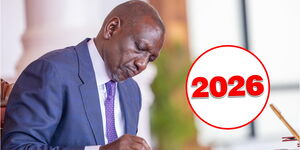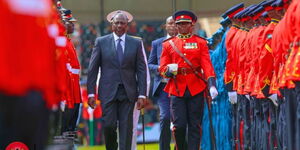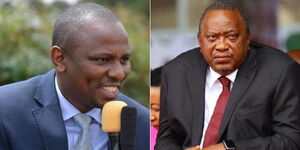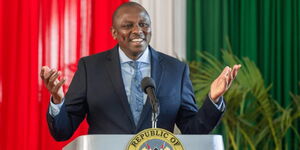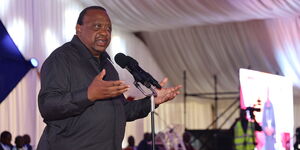Seme MP James Nyikal who doubles up as a Member of the National Assembly's Health Committee has explained why medics receive hefty allowances in comparison to other civil servants.
Speaking to journalists on Monday, Nyikal noted that the government instituted bigger allowances for medics to compensate for the occupational hurdles they face within their jobs such as longer shift hours.
According to the MP, the medics are prone to hazards such as exposure to health risks which they need to be compensated for.
He also explained that the medics salary structure was carefully put together to include allowances instead of having an inflated basic pay.
This he said, was done to ensure that medics' salaries don't disrupt the civil service wage structure.
Nyikal narrated that the alternative of including the allowances created a balance between maintaining the structure for civil servants' basic pay and also compensating the doctors fairly.
“We agreed that increasing their pay would destablise in the salary structure, let's give them allowances to compensate them for that time,” stated Nyikal
However, he has noted that the allowances have continued to be slashed despite the push to have them increased.
Nyikal has also faulted the delays in posting interns citing that this affects the career progression of doctors as they are not eligible for licenses to practice without having being interns.
A Collective Bargaining Agreement (CBA) signed in 2017 between doctors and the Health ministry which has since borne a bone of contention regarding its implementation outlines the compensation as follows:
A senior deputy director either in medical, dental or pharmaceutical services, who is the highest paid doctor should be paid a maximum of Ksh 282,000 basic salary plus Ksh 230,000 as allowances.
Medical, and dental officers and pharmacists were expected to be paid a maximum of Ksh68,000 as a basic salary and Ksh155,000 in allowances.
The minimum basic pay for the lowest-paid doctor is Ksh54,000.

